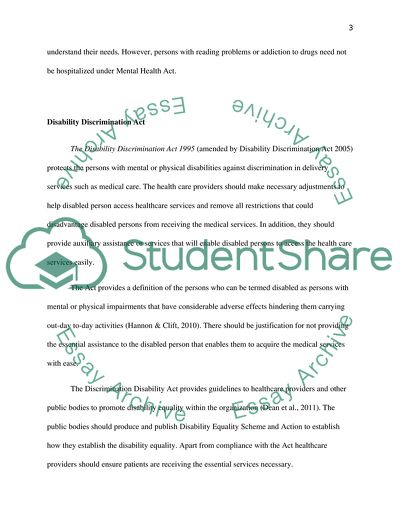Cite this document
(Not Found (#404) - StudentShare, n.d.)
Not Found (#404) - StudentShare. https://studentshare.org/medical-science/1844697-legislation-and-policy-guidelines-in-healthcare
Not Found (#404) - StudentShare. https://studentshare.org/medical-science/1844697-legislation-and-policy-guidelines-in-healthcare
(Not Found (#404) - StudentShare)
Not Found (#404) - StudentShare. https://studentshare.org/medical-science/1844697-legislation-and-policy-guidelines-in-healthcare.
Not Found (#404) - StudentShare. https://studentshare.org/medical-science/1844697-legislation-and-policy-guidelines-in-healthcare.
“Not Found (#404) - StudentShare”. https://studentshare.org/medical-science/1844697-legislation-and-policy-guidelines-in-healthcare.


